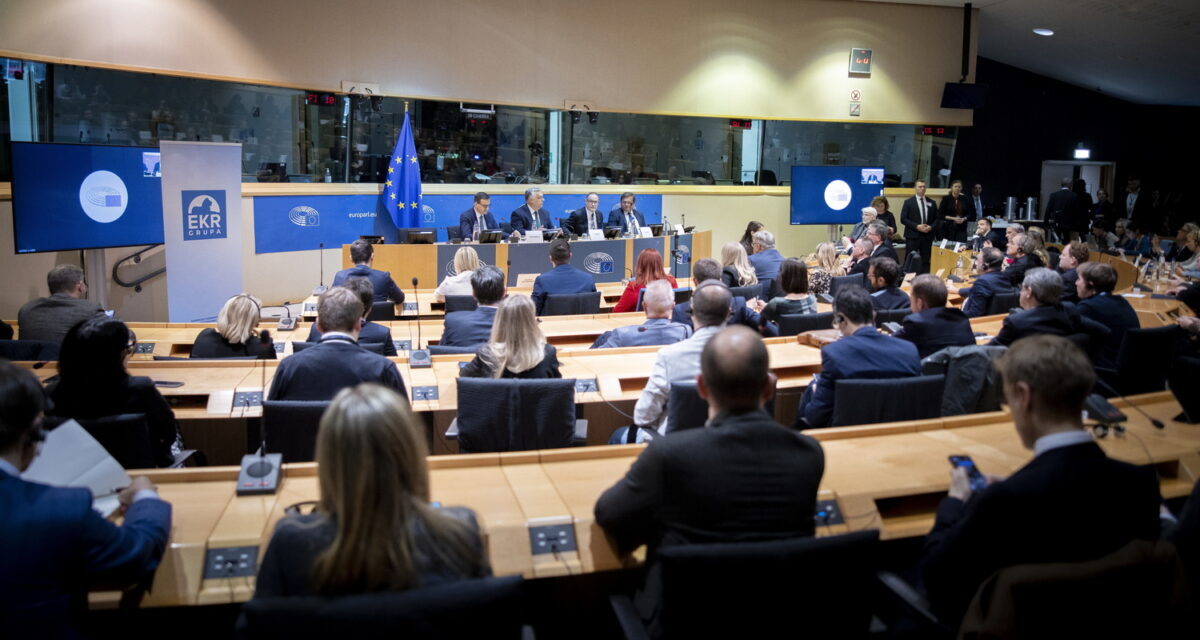According to Article 156 of the Rules of Procedure of the European Parliament (EP), representatives must be provided with an attendance sheet for signature at meetings. According to the testimony of the attendance sheet, the names of the representatives present must be recorded as "present" in the minutes of the meetings. The names of representatives who are absent certified by the President must be recorded in the meeting minutes as "certified absent". This rule indicates that representatives must provide official proof of their absence.
For MEPs, it is not specifically defined how many times and for how long they can be absent, and there are no legal consequences.
Only MEPs are in such a privileged position, Article 60 of the EU Staff Regulations stipulates otherwise, according to which, with the exception of illness or accident, the official may not be absent without the prior permission of his immediate superior. Without prejudice to any applicable disciplinary measures, all duly established, unauthorized absences must be deducted from the official's annual leave. If the official has used his annual leave, he loses his right to the part of his remuneration corresponding to the same period. If the official wishes to spend his leave at a place other than his place of employment, he must request prior permission from the appointing authority.
If an MEP does not come to his workplace, the only minor problem is that he receives millions of forints per month from the taxes of European citizens without doing any work, the bigger problem is that he cannot fulfill the main function of the representative office represent and enforce the interests of the European and especially the Hungarian people in the EU.
During the debate of the EP list leaders, Péter Magyar criticized Tamás Deutsch for participating in few votes in the EP, and emphasized that the representatives of the TISZA party will come to their workplaces and represent the voters. Despite this, he was absent for the first important time from the meeting of the Constitutional Committee, where he is the 4th vice-president of the body. This is contrary to the promises he made and can be seen as cheating the voters. Representative democracy, embodying the exercise of indirect power, meets the conditions imposed by the rule of law – so often emphasized by Brussels – if the elected representatives enforce the will of the people.
It is morally unacceptable for an EP representative not to participate in parliamentary work, because it is against the principles of indirect democracy. Parliaments are the basis of representative democracy, where representatives are elected by the electorate. Starting from the analogy of national parliaments, the EP is also a people's representative body, where politicians must represent the interests of Europe and their own nation-state, and must strive to enforce the will of those who vote for them, since the source of all power is the people, public power - and its exerciser - and it can only be legitimate if it has adequate democratic authorization and popular legitimacy. This authorization also comes with an obligation: representatives sit on the benches of the EP thanks to their voters, and accordingly, they must keep the will of their fellow citizens in mind with their decisions. This is also highlighted by the Basic Law of Hungary (Alaptv.), when it states that the people exercise their power through their elected representatives, exceptionally directly. Similar declarations are made in Article 10 (1)-(2) of the Treaty on European Union (TEU), according to which the operation of the EU is based on representative democracy and the direct representation of citizens at the EU level is realized in the EP.
Although the Code of Conduct for Members of the European Parliament on Integrity and Transparency states in Article 1 of the basic principles that in the performance of their duties as Members of the European Parliament, Members shall consider and observe the following general principles of conduct: diligence, honesty and respect for the dignity and reputation of the Parliament on the whole, however, it can be said that EU legislation, on the one hand, speaks extremely little about the obligation to properly perform representative tasks and its details, and on the other hand, they do not establish financial sanctions at all in the case of unexcused absences.
Source: alaptorvenyblog.hu
Cover photo: MTI/Minister's Press Office/Zoltán Fischer













